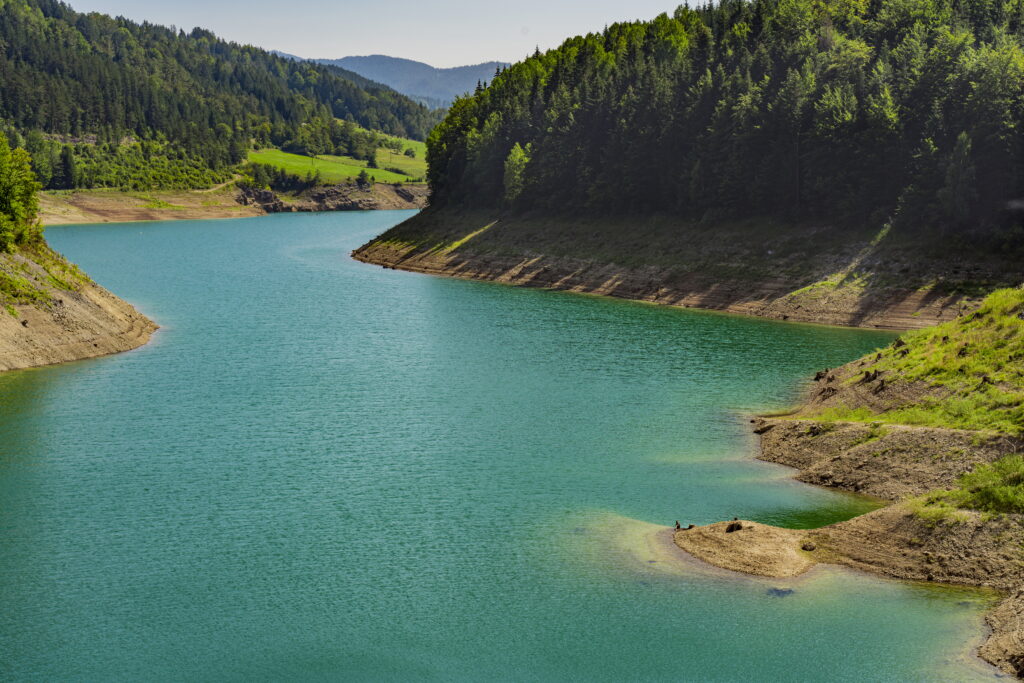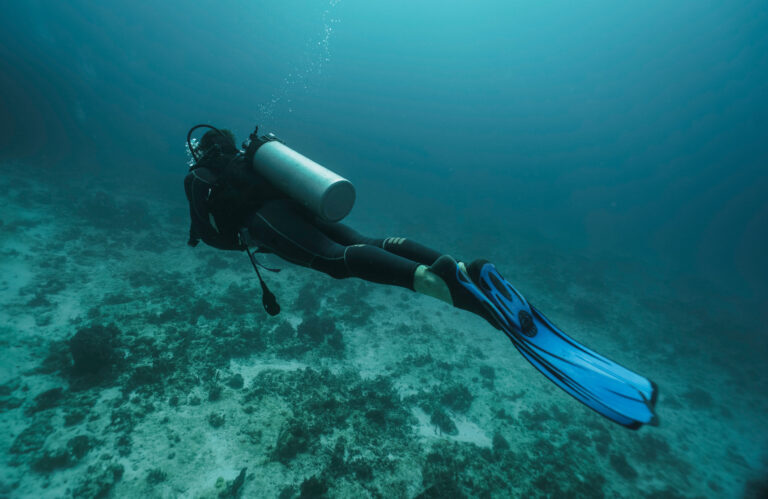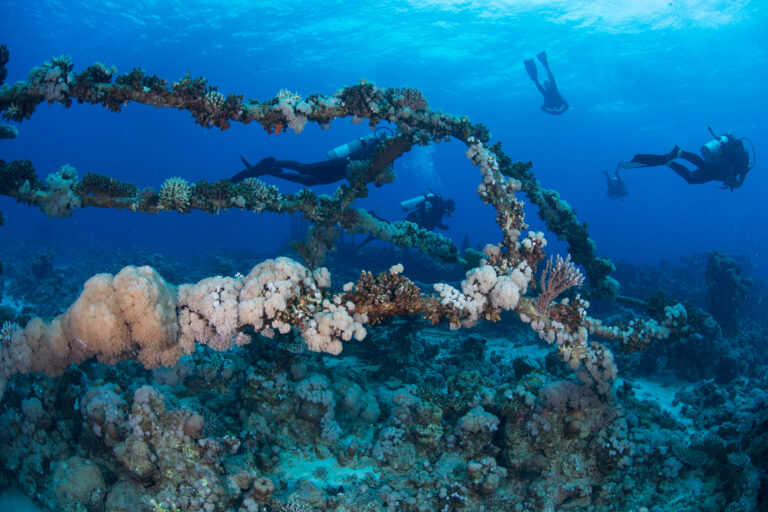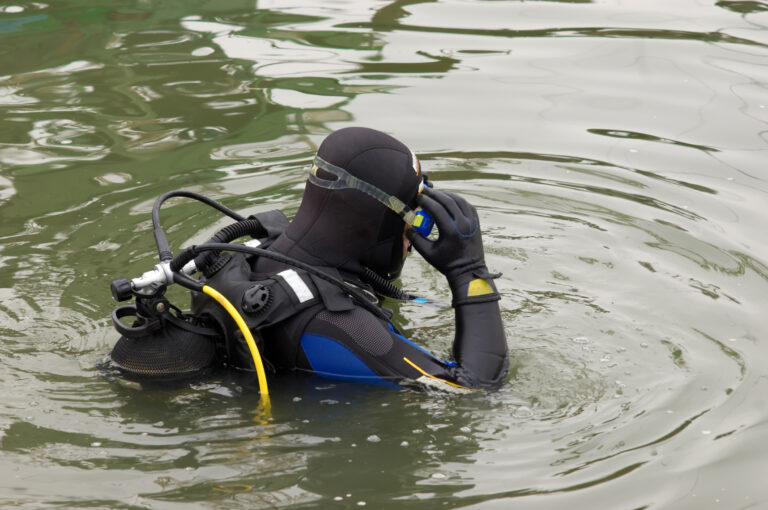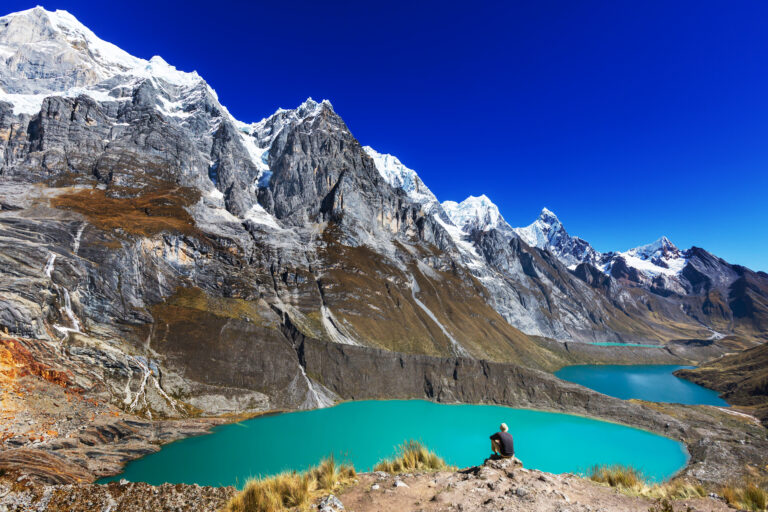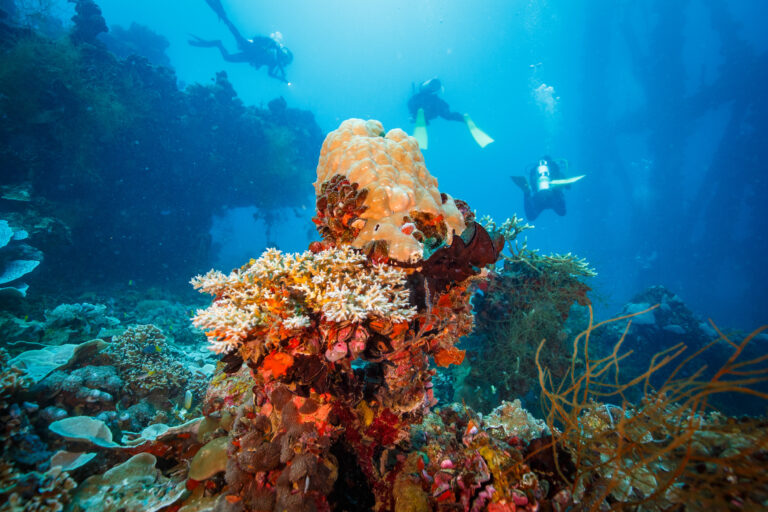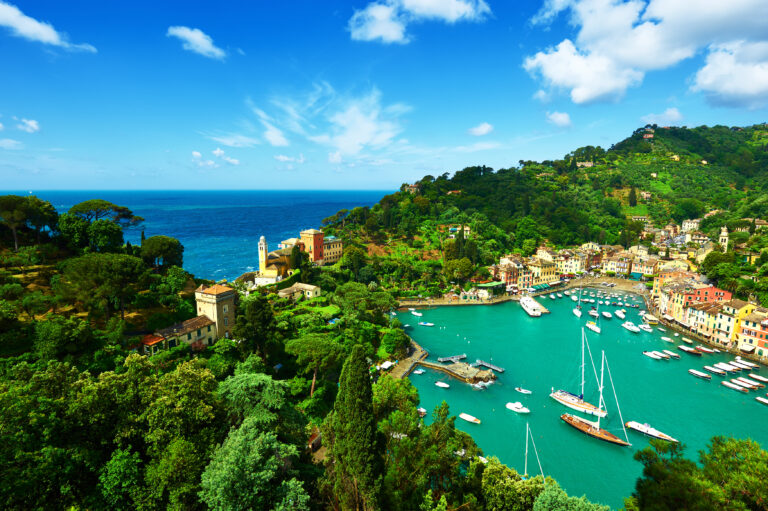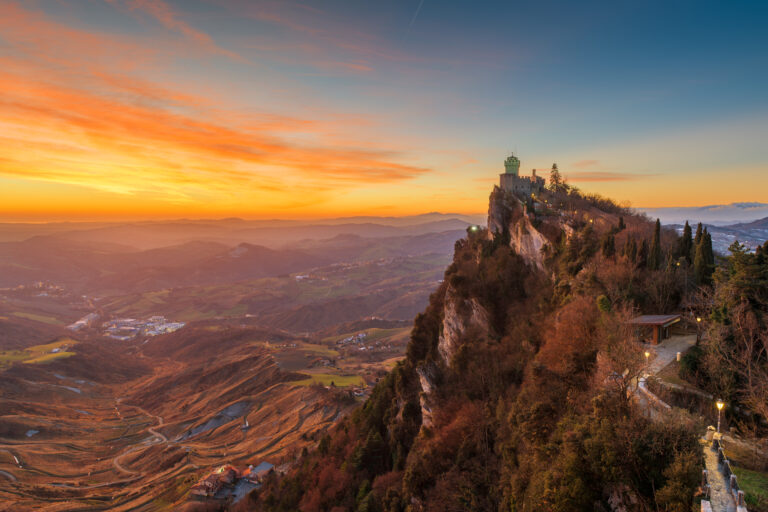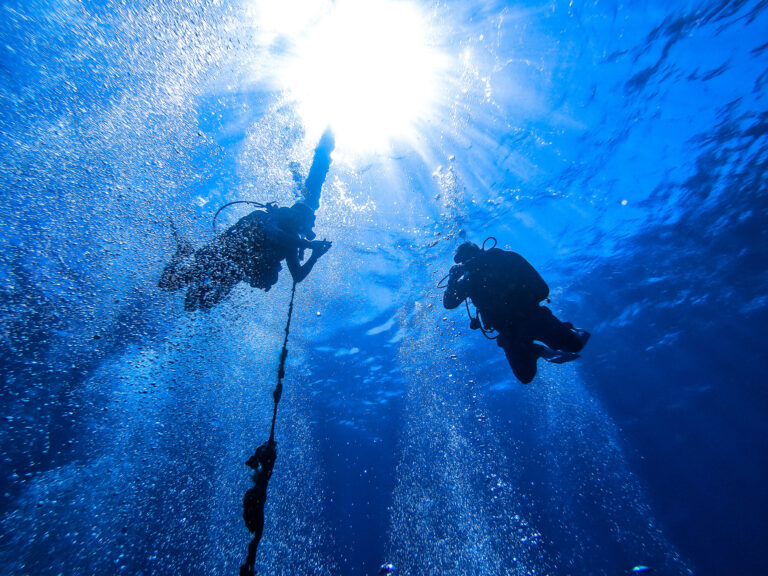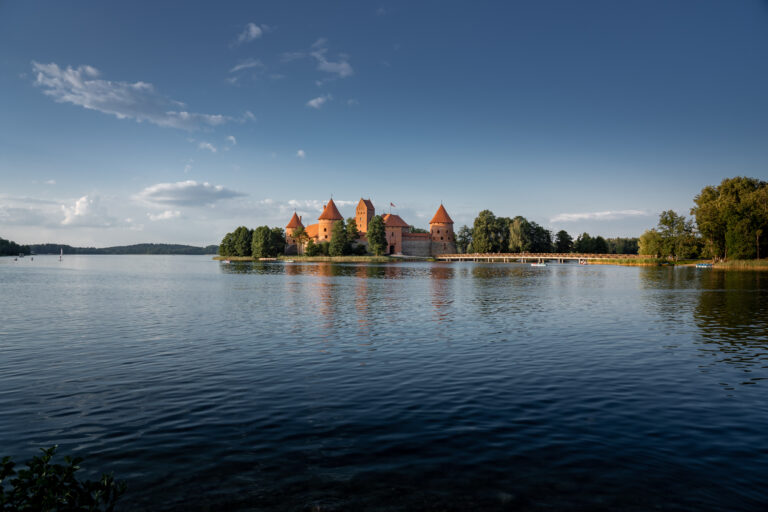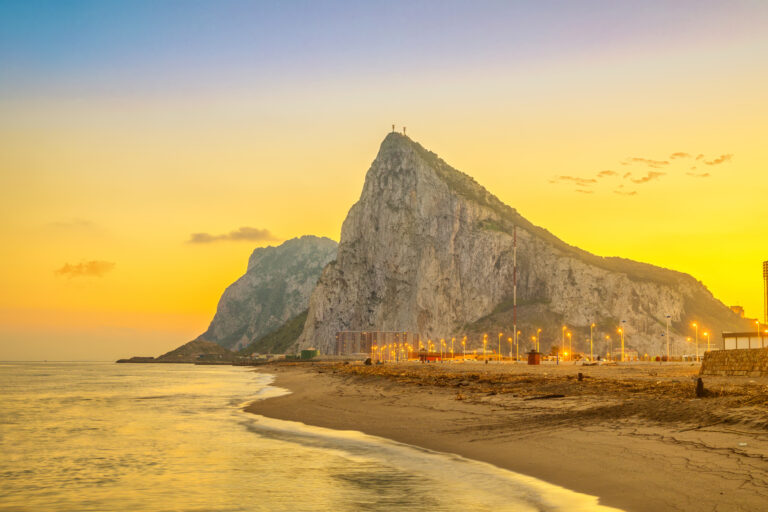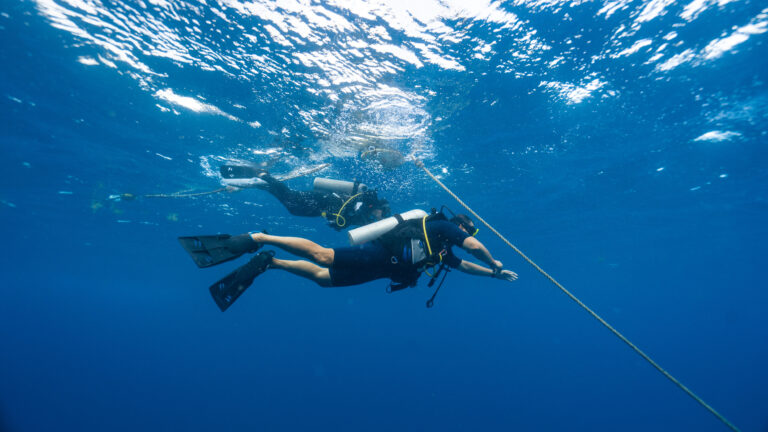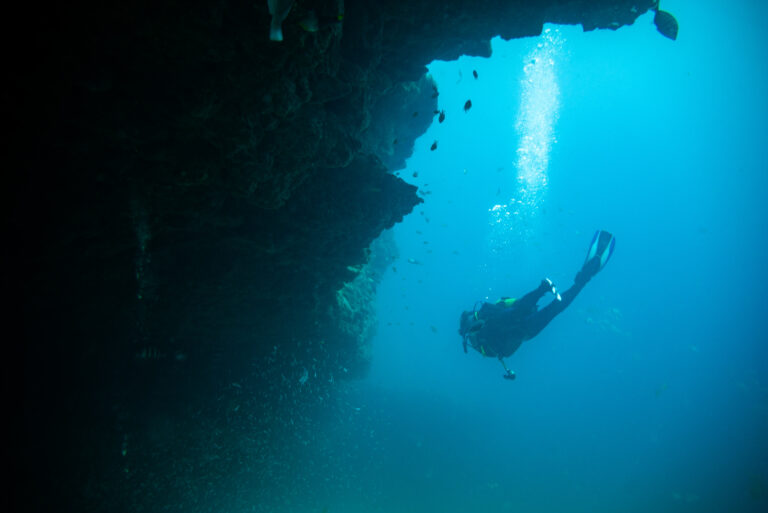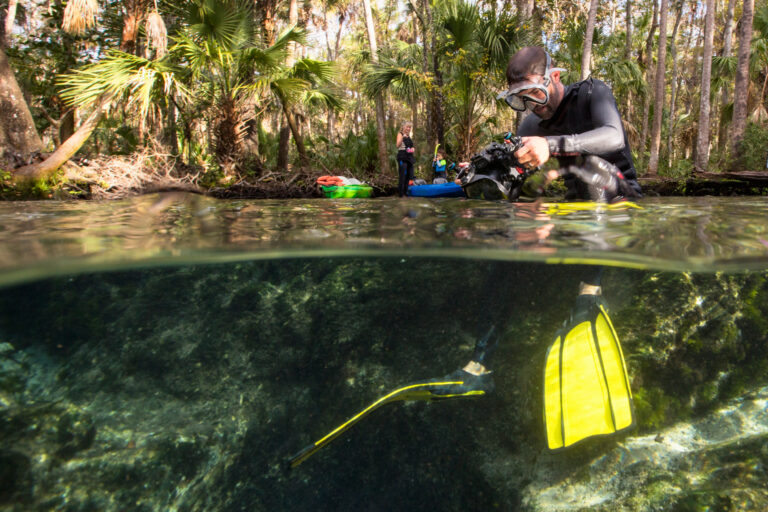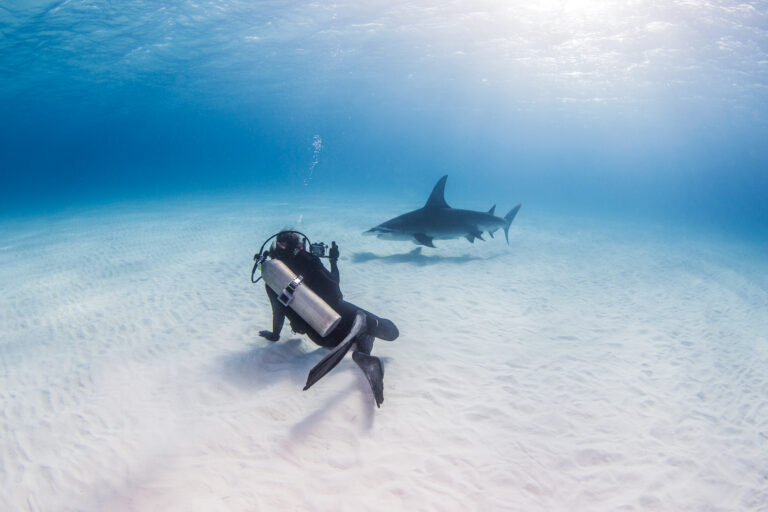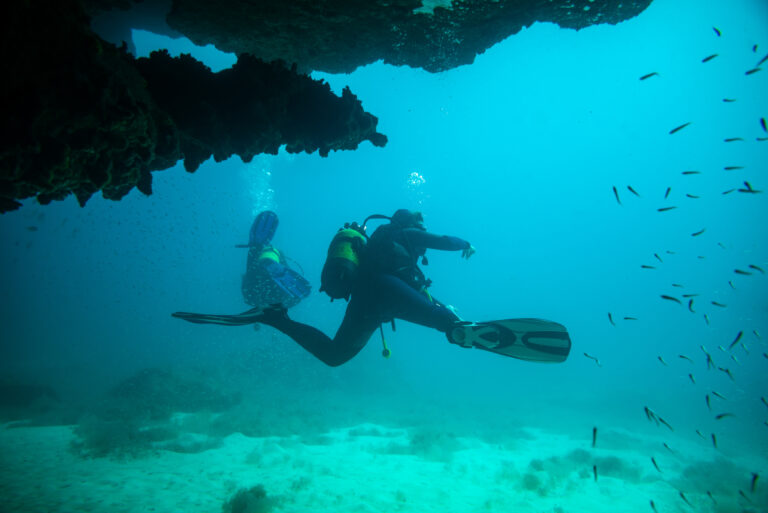SCUBA DIVERS’ TRAVEL GUIDE TO Serbia
Serbia is a landlocked country in the Balkans, but that doesn’t mean it lacks water. The country is home to many rivers, lakes, and reservoirs that offer a variety of scuba diving opportunities. Whether you want to explore the underwater caves of the Danube, the sunken villages of the Drina, or the artificial reefs of the Sava, Serbia has something for every diver. You can also enjoy the rich culture, history, and cuisine of this diverse and hospitable nation. Serbia is a hidden gem for scuba diving enthusiasts who want to discover new and exciting destinations.
LOCATION AND GEOGRAPHY
Serbia, a landlocked country situated in the heart of the Balkan Peninsula in Southeast Europe, may not be the first destination that comes to mind for scuba diving enthusiasts due to its lack of direct access to the sea. However, this diverse nation offers a unique underwater experience in its numerous rivers, lakes, and artificial reservoirs. The most prominent body of water for diving is the Danube, Europe’s second-longest river, which flows through the northern regions of Serbia and provides habitats for a variety of freshwater species. Divers can explore the underwater world of the Iron Gates, a stunning gorge on the Danube where the river forms a natural border between Serbia and Romania. Additionally, Serbia’s largest lake, Lake Đerdap, along with the clear waters of Lake Zaovine and Lake Vlasina, offer serene diving locations surrounded by picturesque landscapes. The country’s inland waters are rich in history, with submerged ruins, relics, and even entire flooded villages waiting to be discovered, providing a different but equally captivating diving experience compared to traditional tropical destinations.
VISA AND ENTRY REQUIREMENTS
Serbia, while landlocked and not a traditional scuba diving destination, does offer unique freshwater diving experiences in its rivers, lakes, and caves for those looking to explore underwater worlds beyond the ocean. Travelers from many countries can enter Serbia without a visa for short stays, typically up to 90 days within a 180-day period. However, it is essential for visitors to check the latest visa requirements before planning their trip, as regulations can change. Nationals from countries that are not visa-exempt must apply for a visa at a Serbian embassy or consulate prior to arrival. All travelers should ensure their passports are valid for at least six months beyond the period of intended stay. Additionally, while Serbia is not a member of the European Union or the Schengen Area, it is advisable to carry travel insurance that covers scuba diving activities, as this may be requested upon entry or be necessary for personal safety and peace of mind.
GETTING TO Serbia
Serbia, a landlocked country situated in the heart of the Balkan Peninsula, may not be the first destination that comes to mind for scuba diving enthusiasts seeking oceanic adventures. However, it offers a unique underwater experience in its rivers, lakes, and artificial reservoirs. To reach Serbia for scuba diving, travelers will typically fly into Belgrade Nikola Tesla Airport (BEG), the country’s main international gateway, which is well-connected to major cities across Europe and beyond. From there, divers can rent a car or use Serbia’s network of buses and trains to explore various diving sites. The most notable diving locations include the clear waters of the Danube River, the largest river in Serbia, and the artificial Lake Zaovine on Mount Tara, known for its submerged forest. While Serbia may not provide the typical coral reefs and marine life found in oceanic destinations, it offers a unique freshwater diving experience that is rich in history, including submerged settlements and World War II wrecks waiting to be explored.
BEST TIME TO DIVE
Serbia, a landlocked country, may not be the first destination that comes to mind for scuba diving enthusiasts, but it offers a unique freshwater diving experience. The best time to scuba dive in Serbia is from late spring to early autumn, typically between May and September, when the weather is warm and the water temperatures in rivers and lakes are more comfortable for divers. During this period, the visibility in bodies of water such as the Danube River, the largest river in Serbia, or Lake Zaovine, a clear mountain lake in Tara National Park, is at its peak, allowing divers to explore underwater ecosystems, historical artifacts, and submerged ruins with greater clarity. It’s important to note that diving conditions can vary greatly depending on the specific location and weather patterns, so it’s advisable to check with local dive centers for the most current information before planning your dive.
ACCOMMODATION OPTIONS
While Serbia is a landlocked country and may not be the first destination that comes to mind for scuba diving, it offers unique freshwater diving experiences in its rivers, lakes, and even flooded quarries. Accommodation options for divers in Serbia are varied and cater to different preferences and budgets. In diving hotspots like the Djerdap National Park, where the Danube offers spectacular dives through submerged forests and ancient ruins, divers can find comfortable lodgings in nearby towns such as Donji Milanovac or Kladovo, with choices ranging from cozy guesthouses and private apartments to well-appointed hotels. For those venturing to dive in the clear waters of Lake Zaovine or Vlasina, mountain cabins and lakeside bungalows provide a serene retreat. In Belgrade, divers exploring the Sava and Danube rivers have access to a wide array of urban accommodations, including luxury hotels, boutique hostels, and modern serviced apartments, ensuring a comfortable stay after a day of underwater exploration.
DIVE OPERATORS AND DIVE SHOPS
Serbia, a landlocked country, may not be the first destination that comes to mind for scuba diving enthusiasts, but it offers a unique underwater experience for those willing to explore its hidden depths. Dive operators and shops in Serbia are specialized entities that cater to the freshwater diving scene, focusing on the country’s rivers, lakes, and artificial reservoirs. The most prominent diving spots include the clear waters of the Danube, the largest river in Serbia, and the idyllic Lake Zaovine on Tara Mountain, where divers can discover submerged forests and encounter freshwater wildlife. Serbian dive shops provide a range of services from equipment rental to certification courses, and guided dives, ensuring that both novices and experienced divers can safely enjoy the subaquatic landscapes. These operators are well-versed in the local diving conditions and are instrumental in providing access to Serbia’s lesser-known dive sites, such as the Tisa River, known for its mysterious underwater “flowering” phenomenon. With a focus on safety and environmental preservation, Serbian dive operators offer a distinctive diving experience that showcases the country’s natural beauty beneath the surface.
TRANSPORTATION WITHIN Serbia
While Serbia is a landlocked country and may not be the first destination that comes to mind for scuba diving, it does offer unique freshwater diving experiences in its rivers, lakes, and artificial reservoirs. When it comes to transportation within Serbia, visitors will find a well-connected network of buses and trains that can take them to various cities and towns. However, reaching specific diving sites, such as those in the Djerdap National Park on the Danube River or the clear waters of Lake Zaovine, may require a rental car or arranging for a local dive shop’s shuttle service. Major car rental agencies are available in larger cities and at the Belgrade Nikola Tesla Airport. For a hassle-free experience, divers are advised to plan their transportation in advance, especially if they are bringing their own gear, as some public transport options may have limited space for bulky items.
CURRENCY AND PAYMENT METHODS
While Serbia is a landlocked country and may not be the first destination that comes to mind for scuba diving, it does offer unique freshwater diving experiences in its rivers and lakes, such as diving in the Danube or at the Zaovine Lake on Tara Mountain. When planning your scuba diving trip to Serbia, it’s important to note that the official currency is the Serbian dinar (RSD). Credit cards are widely accepted in urban areas and at major dive shops, but it’s advisable to carry cash for transactions in smaller towns or remote locations where electronic payments might not be as readily accepted. ATMs are readily available in cities and larger towns. It’s also a good idea to inform your bank of your travel plans to avoid any issues with card usage abroad. For the best exchange rates, consider exchanging your currency at official exchange offices or banks rather than at the airport or hotels. Always check the current exchange rate before making any transactions to ensure you’re getting a fair deal.
LANGUAGE AND COMMUNICATION
While Serbia is a landlocked country and may not be the first destination that comes to mind for scuba diving, it does offer unique freshwater diving experiences in its rivers, lakes, and artificial reservoirs. When it comes to language and communication, the official language is Serbian, written in both Cyrillic and Latin alphabets. English is widely taught in schools and is commonly spoken among the younger population and within the diving community, making it relatively easy for English-speaking divers to communicate. However, it’s always appreciated when visitors make an effort to learn a few basic Serbian phrases. Dive operators and guides often have staff who can speak multiple languages, ensuring that briefings and instructions are clear and understood. It’s advisable to confirm language capabilities with your chosen dive operator in advance to ensure a smooth and enjoyable diving experience in Serbia’s intriguing underwater landscapes.
LOCAL CULTURE AND ATTRACTIONS
While Serbia is a landlocked country and may not be the first destination that comes to mind for scuba diving, it offers a unique underwater experience in its rivers, lakes, and artificial reservoirs, such as the famed Đerdap Lake on the Danube. Above the surface, Serbia’s rich tapestry of local culture and attractions beckons. The country’s vibrant history is reflected in its diverse architecture, from the ancient Roman ruins of Gamzigrad to the medieval monasteries of Fruška Gora. Visitors can immerse themselves in the bustling atmosphere of Belgrade, the capital city known for its lively nightlife, café culture, and the historic Kalemegdan Fortress. Traditional music and dance are integral to Serbian social gatherings, and the local cuisine, with specialties like ćevapi (grilled minced meat) and sarma (cabbage rolls), offers a hearty welcome. Each region boasts its own folkloric traditions and festivals, such as the Guča Trumpet Festival, which celebrates the country’s brass band heritage. For the culturally curious diver, Serbia presents an unexpected blend of aquatic adventure and terrestrial discovery.
CULTURAL ETIQUETTE AND TIPS
While Serbia is a landlocked country and may not be the first destination that comes to mind for scuba diving, it does offer unique freshwater diving experiences in its rivers, lakes, and caves. When visiting Serbia for scuba diving, it’s important to respect the local customs and culture. Serbians are known for their hospitality and warmth, but also appreciate politeness and a certain level of formality when being addressed. It is customary to greet with a firm handshake and maintain eye contact. When diving, be mindful of the environment and adhere to the ‘leave no trace’ principles to preserve the natural beauty. It’s also recommended to learn a few Serbian phrases, as this gesture of making an effort to speak the local language is highly appreciated and can enhance your interactions with dive operators and local residents. Tipping is customary in Serbia, so consider offering a gratuity to your dive guides and boat crew if you’re satisfied with their service. Lastly, be aware of any historical or cultural sites that may be protected, and always follow the guidance of your local dive operators regarding these areas.
LOCAL LAWS AND REGULATIONS RELEVANT TO TOURISTS
Before plunging into the depths of Serbia’s diving spots, it’s crucial for tourists to acquaint themselves with the local laws and regulations that govern underwater exploration in this landlocked country. Scuba diving in Serbia is subject to regulations that ensure both diver safety and environmental protection. Tourists must ensure they dive with a certified local dive operator, as these are familiar with the specific rules that might apply to different dive sites, such as those in the Danube River or at artificial lakes like Vlasina. Diving without a permit is prohibited, and divers must adhere to the guidelines set by the Serbian Underwater Federation (SUF), including depth limits and no-decompression time rules. Additionally, divers should be aware that the removal of artifacts or disturbing the flora and fauna is strictly forbidden, and penalties for non-compliance can be severe. It’s also important to carry proof of dive certification and insurance, as these may be requested by local authorities or dive operators. By respecting these regulations, divers can ensure a safe and legally compliant experience while enjoying Serbia’s underwater offerings.
SAFETY TIPS AND EMERGENCY CONTACTS
When planning a scuba diving trip to Serbia, safety should be your top priority. Before embarking on your underwater adventure, ensure that you are certified by a recognized diving organization and that you are familiar with the use of your equipment. Always dive within your experience level and do not exceed your training limits. It is crucial to check the weather conditions and avoid diving in unsafe environments. Dive with a buddy and maintain constant communication. Familiarize yourself with the local marine life to avoid dangerous encounters. In case of an emergency, it is important to know the contact details of the nearest hyperbaric chamber, which in Serbia is located at the Military Medical Academy in Belgrade, reachable at +381 11 3608 100. Additionally, keep the contact information of local emergency services, such as the national emergency number 112, and ensure that your travel insurance covers scuba diving accidents. Always inform someone on land of your dive plan and expected return time. By following these safety tips and having emergency contacts readily available, you can help ensure a safe and enjoyable diving experience in Serbia.
HEALTH AND TRAVEL INSURANCE
When planning a scuba diving trip to Serbia, it’s crucial to consider health and travel insurance that covers diving activities. While Serbia is a landlocked country and may not be the first destination that comes to mind for scuba diving, it offers unique freshwater diving experiences in rivers and lakes, such as the famous Danube or the clear waters of Lake Zaovine. However, diving in inland waters comes with its own set of risks, and access to hyperbaric chambers may be limited. Therefore, divers should ensure their insurance includes coverage for potential diving accidents, emergency medical treatment, and, if necessary, medical evacuation. It’s also advisable to check if the policy covers altitude diving, as some Serbian dive sites are located at higher elevations. Always carry proof of your insurance and understand the procedure for making a claim, so you can dive into Serbia’s hidden underwater treasures with peace of mind.

